
OR
Testing times ahead for the Deuba-Dahal alliance
Published On: July 16, 2016 05:19 PM NPT By: Narayan Prasad Ghimire
KATHMANDU, July 16: The sudden alliance between the main opposition Nepali Congress and one of the ruling partners CPN (Maoist-Center) against the KP Oli-led government took many by surprise, as a similar attempt just in the recent past had failed to bear fruit.
The alliance and the agreement to topple the Oli government with the registration of a no-confidence motion however came as a severe sting to the CPN-UML. UML leaders responded to it by describing it as a 'great betrayal', and even questioned the role of Speaker when the political parties stood different on whether the parliamentary business on final passage of the budget or the discussion on no-confidence motion should be prioritized. As the Speaker fixed the date for discussion on the no-trust vote from July 21, the UML leaders became irate and even accused the Speaker of sidelining the major issues.
Although the UML and the PM have decided to brave the no-trust vote in the Parliament, the government is already in minority and is sure to collapse in a week thereby paving the way for the next government said to be led by Maoist leader Pushpa Kamal Dahal.
As per the verbal agreement between Dahal and NC President Deuba, they would lead the government in rotation- Prachanda for the first nine months and Deuba the next.
In Nepal, in the last two and half decade, most of the governments have not lasted long, with some even not being able to implement their own policy and programs, and the budget. As a result, the development is at the receiving end of this political instability. Exactly is the fate of Oli government now.
To this, questions arise- what are reasons behind the sudden agreement between the major opposition NC and the ruling partner Dahal-led Maoist to come together and plot against Oli government? What are the benefits to the NC, to the Maoist-Center? Are there any personal gains to Deuba and Dahal, and what about the future course? And what can be the effects of this unfolding development? What are the failures of Oli government?
These are serious questions everyone needs mulling, as it seems Nepalis are destined to see shaky governments triggering instable politics inviting adverse impact on their daily lives.
Nevertheless, those responsible for it--the political leaders and their near and dear ones will enjoy the fruits of power in the name of representation and participation in the ruling system.
Coming to the reason why CPN (Maoist-Center) quit the government, its Chairman Dahal on Friday, said to media in his residence, "Our party was bound to quit the present government after sensing that a plot against us was hatched by inciting NGOs rather than taking the peace process to a logical end." He categorically said that conspiracy was strategically launched against his party leaders and cadres in various districts including Okhaldhunga and Gorkha. He argued that such conspiracy was led by the NGOs supported by the CPN-UML.
Moreover, he said, "The government showed such behavior that would frustrate the nine-point agreement reached between the CPN (MC) and the UML before the formation of the present government. After the party cadres and leaders were vulnerable to immediate arrests, we were compelled to take the decision of quitting this government," he reiterated.
From this very view of leader Dahal, it is clear that fear psychology has been dogging his party now. With the filing of flurry of complaints from across the country at the Commission on Enforced Disappeared Persons and the Truth and Reconciliation Commission, the Maoist-Center is facing a big threat. Most of the complaints are targeted against its leaders and cadres.
Chairman Dahal himself has been named in cases registered from many districts. To this very activity of the transitional justice mechanisms, the Maoist-Center is living in trepidation- party behind the bar! For this, this party needs to be safe and secure, which he did not see in the Oli-led government. What can be noted here in this connection is that Chairman Dahal's visit to Australia a month back was postponed at the last moment, fearing he could be arrested in any reference linking to the decade-long insurgency.
Amazingly, various splinter Maoist parties involved in the decade long conflict, came together and renamed the Dahal-led party UCPN (Maoist) as CPN (Maoist-Center). Maybe, these splinters too have sought opportunity in the government in addition to the security in person, and in party. The maneuver is finally save party tactics.
On the other hand, what about NC President Deuba? He too needs to manage his party. The aim of toppling this government is to make the party functionaries complete and smooth. Despite being the largest political party, it has been feeling humiliated to stay in the opposition for long.
Moreover, it has been five months since Deuba became party President but has failed to pick leaders for Vice-President, Joint General Secretary, Spokesperson, parliamentary board, 42 departments and even the central members. The NC is criticized also for not playing significant role as opposition and not been able to take the party agenda and programs passed by the last general convention to the people's level. Therefore, allying with the Maoist, it wants to collapse the present government.
Also unforgettable about the behavior of the Oli-led government is the arrogance of protecting and promoting nationality. Mere UML's party stand against India does not strengthen nationality.
Similarly, the argument of this government's efforts of boosting relations with neighbor is made on shaky ground.
Now, what's the future political course; what about national agendas- elections, reconstruction activities, demands of disgruntled forces? Needless to say, change of government is not the quick solution of the national problems, but it is sure to prolong transition in Nepal as the past experiences have shown. Nepal's political development is not linear, but swinging.
Although the NC and the Maoist have agreed on bringing the disgruntled parties on board, expediting reconstruction, implementing constitution effectively, holding elections in local, provincial and central level, these are secondary priorities to them, as first is the strengthening their party. In nine months alone, all three elections are impossible mainly because the delineation of the local bodies is to take more time. Similarly, Madhesi parties' dissatisfaction is continuous on provincial issues.
Finally, Nepal is in need of stable politics for sustainable peace and economic progress. Mere breaking the alliance of the communist parties may be the strength to some extent, but forging national consensus with all parties is unavoidable. Bringing disgruntled parties on board, clearing disputes on provinces, holding free and fair elections, accelerating reconstruction activities, and braving UML's hostility are sure challenges to the coming governments. So, coming are the days of test for both Dahal and Deuba. RSS
You May Like This

Leftist alliance will not be allowed to waver: Alliance top leaders
KATHMANDU, Dec 30: The chairpersons of the two main parties in the leftist alliance have asserted that although there might... Read More...
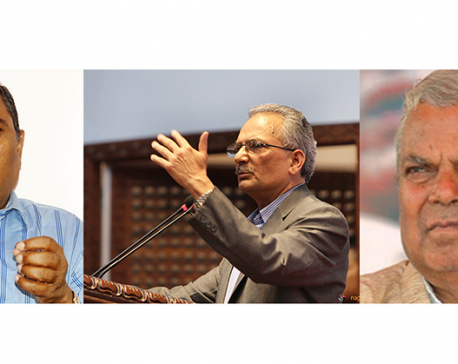
Federal Alliance, Naya Shakti Party to forge working alliance
KATHMANDU, Jan 16: Naya Shakti Party-Nepal (NSP-N) Coordinator Dr Baburam Bhattarai and Federal Alliance (FA) have agreed to move ahead... Read More...

Federal Alliance, Naya Shakti forging working alliance
KATHMANDU, Jan 16: The agitating Federal Alliance and Naya Shakti Nepal have agreed in principle to forge an alliance to press... Read More...
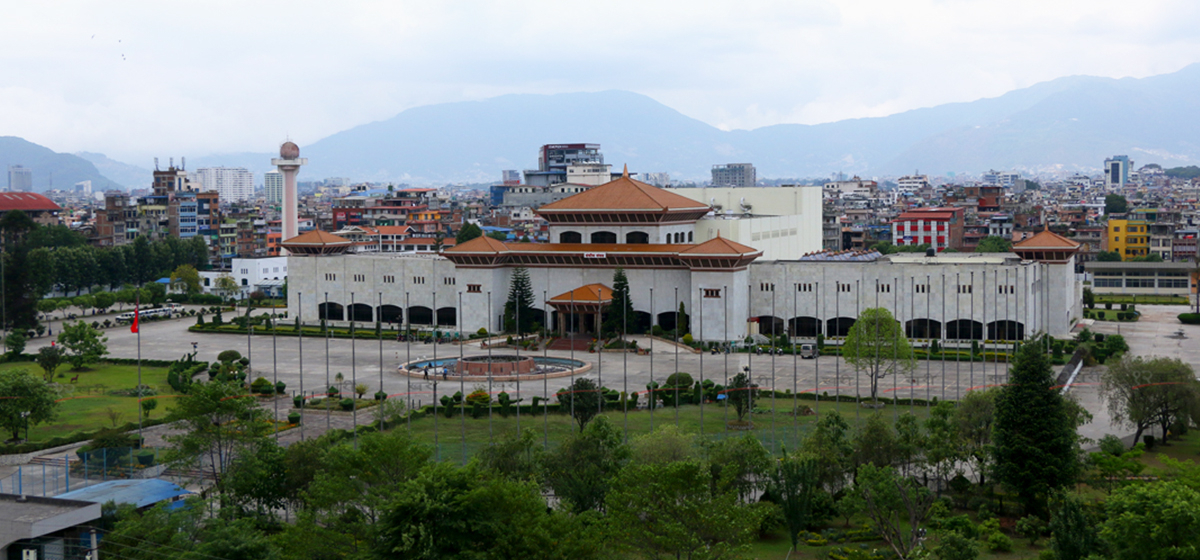
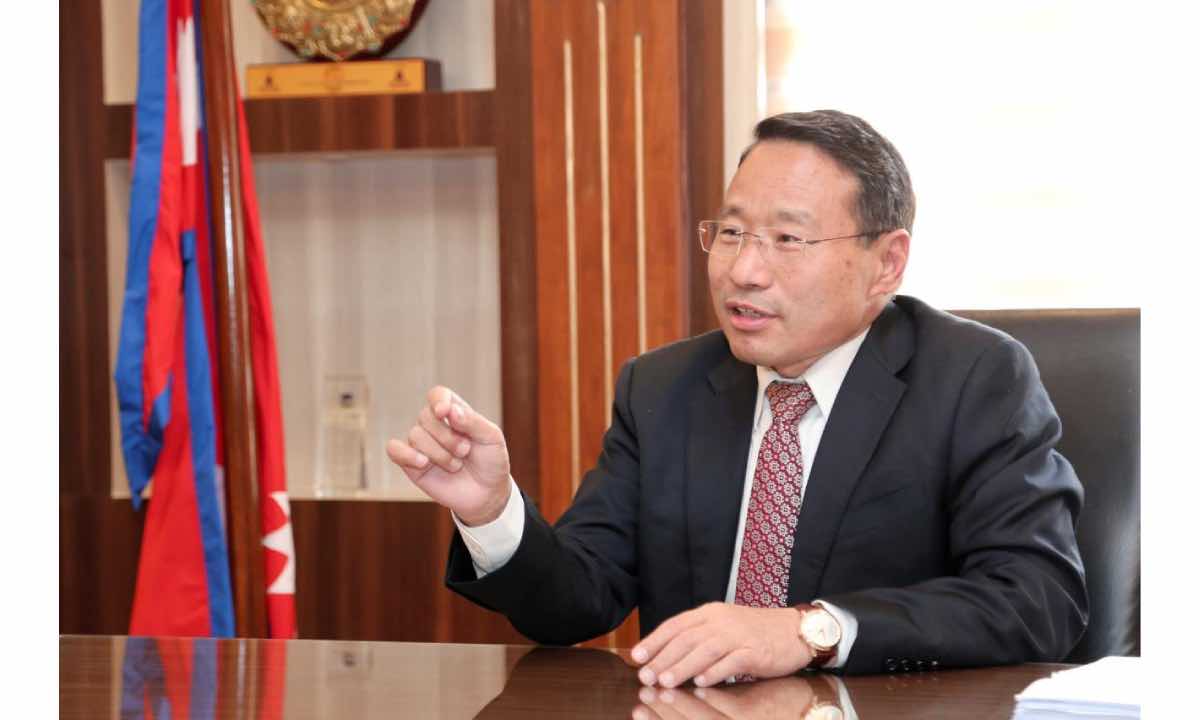
Just In
- Parliamentary committees call for quorum rule revision
- Third Session of Karnali Province prorogued without passing any bill
- Embassy of India in collaboration of IBN and NICCI organizes Post Investment Summit India-Nepal B2B meeting
- NEPSE rises by 25.93 points, daily turnover surges to Rs 4.80 billion
- Suhang Nembang's journey from a lawyer to a lawmaker
- Book containing speeches of Narendra Modi published in Nepali language
- NSO projects Nepal’s economic growth rate at 3.54 percent in current FY
- FinMin Pun and WB's Vice President Rager meet




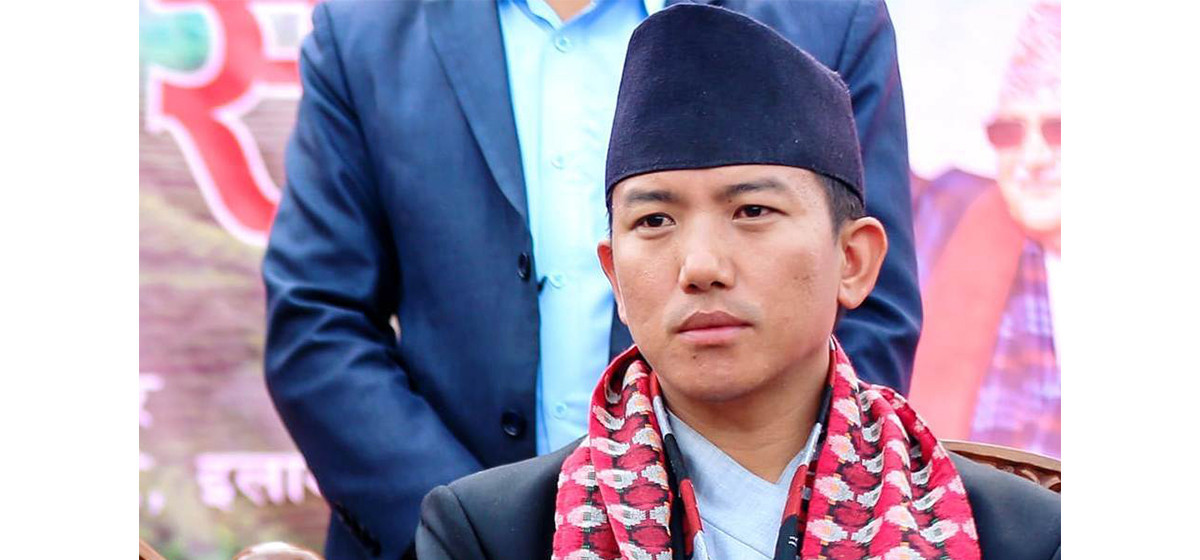
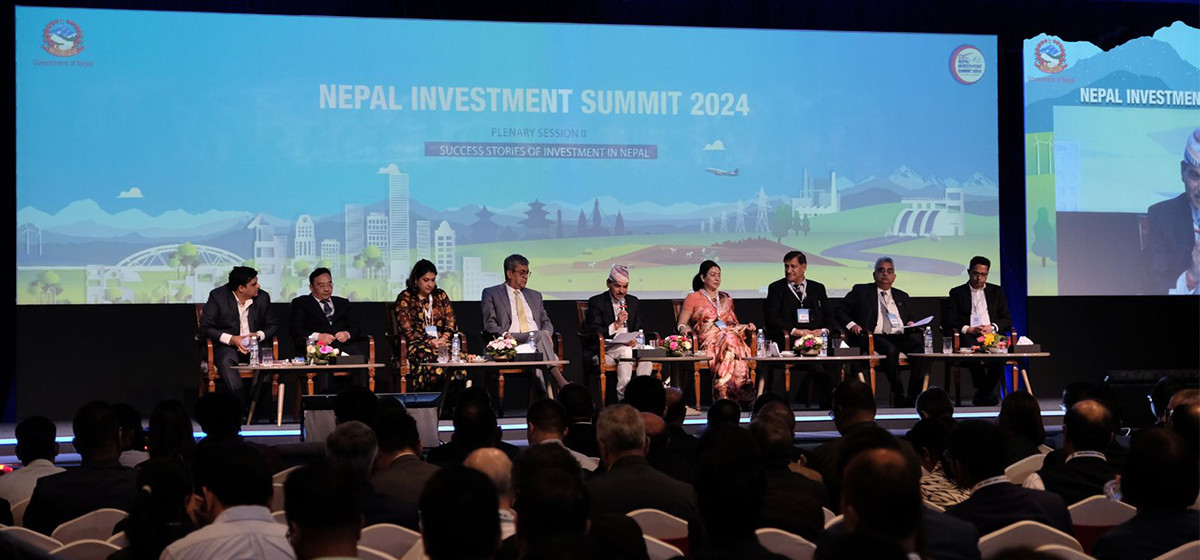
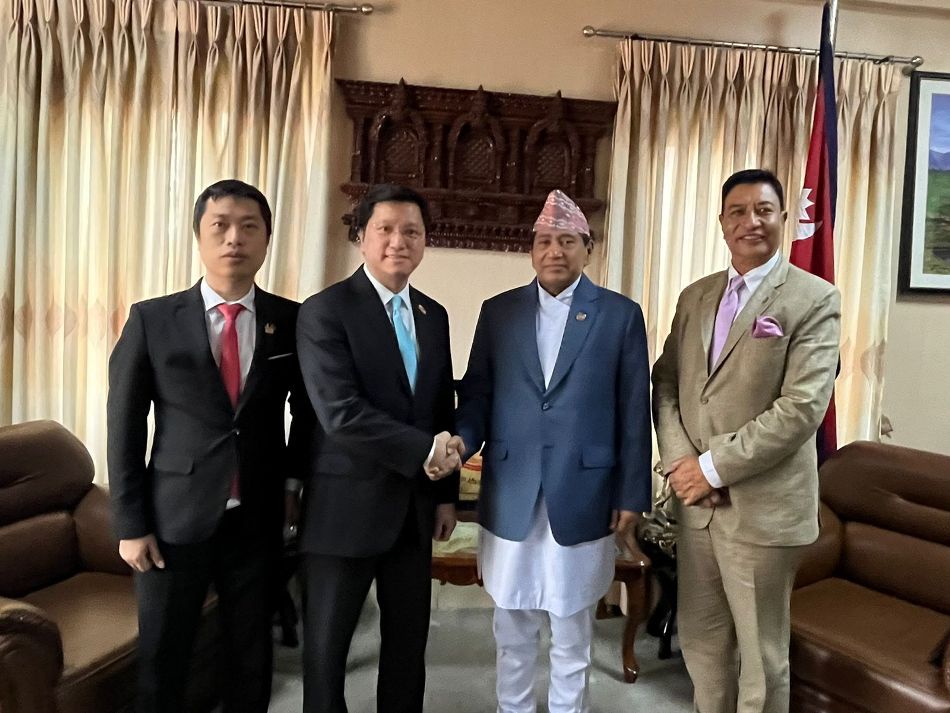

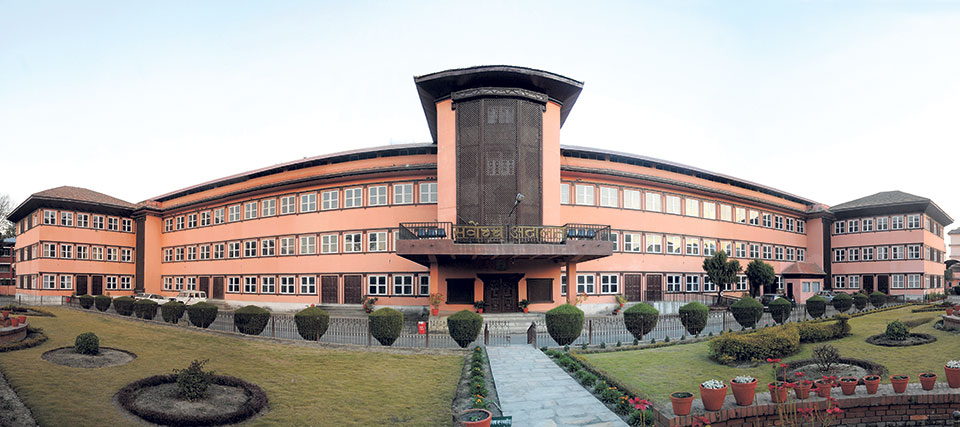
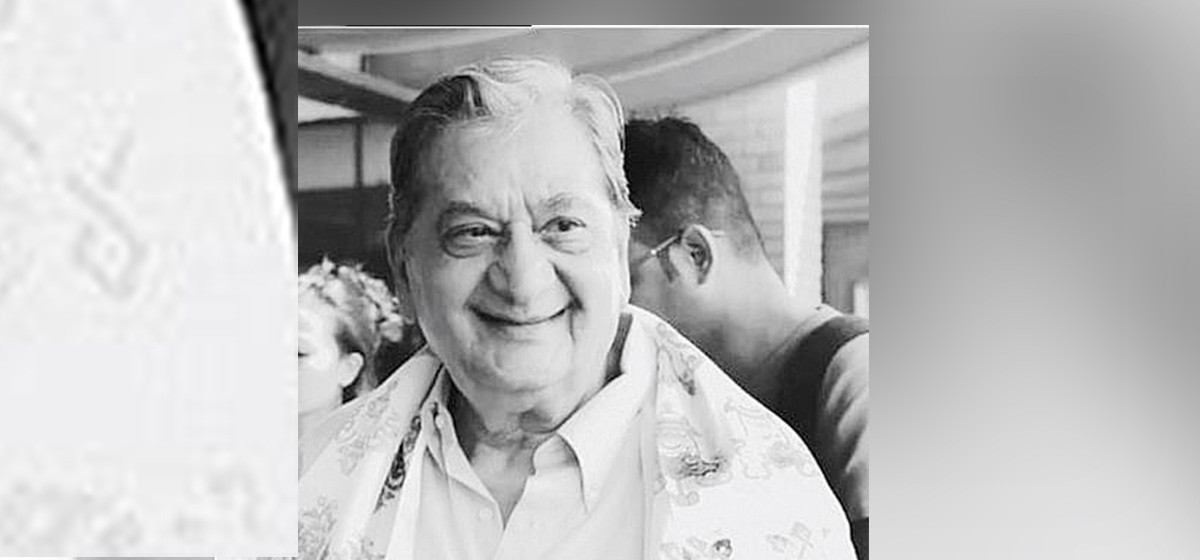
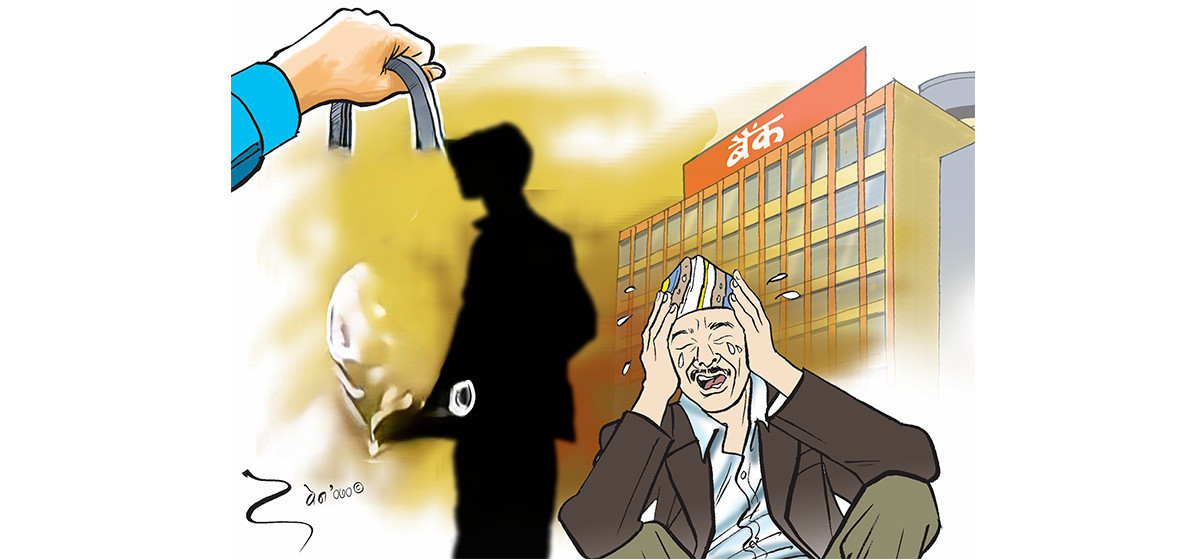
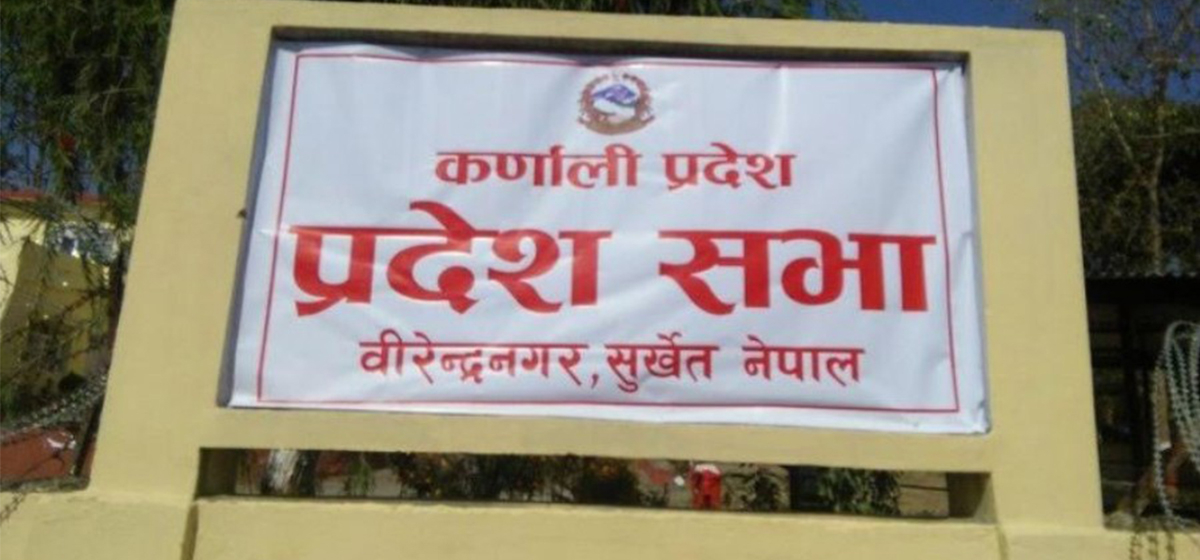

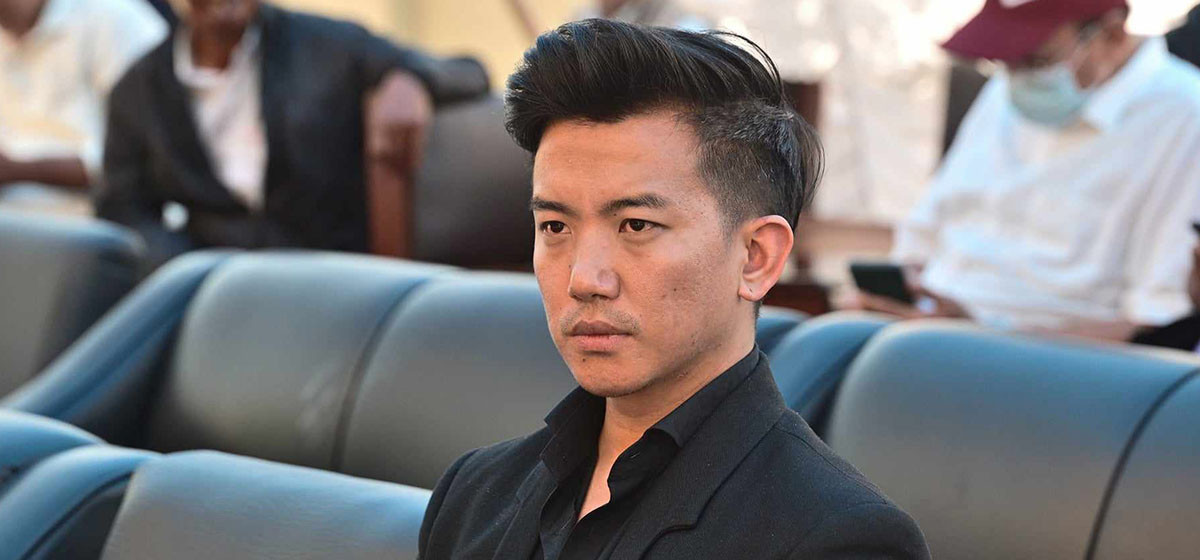
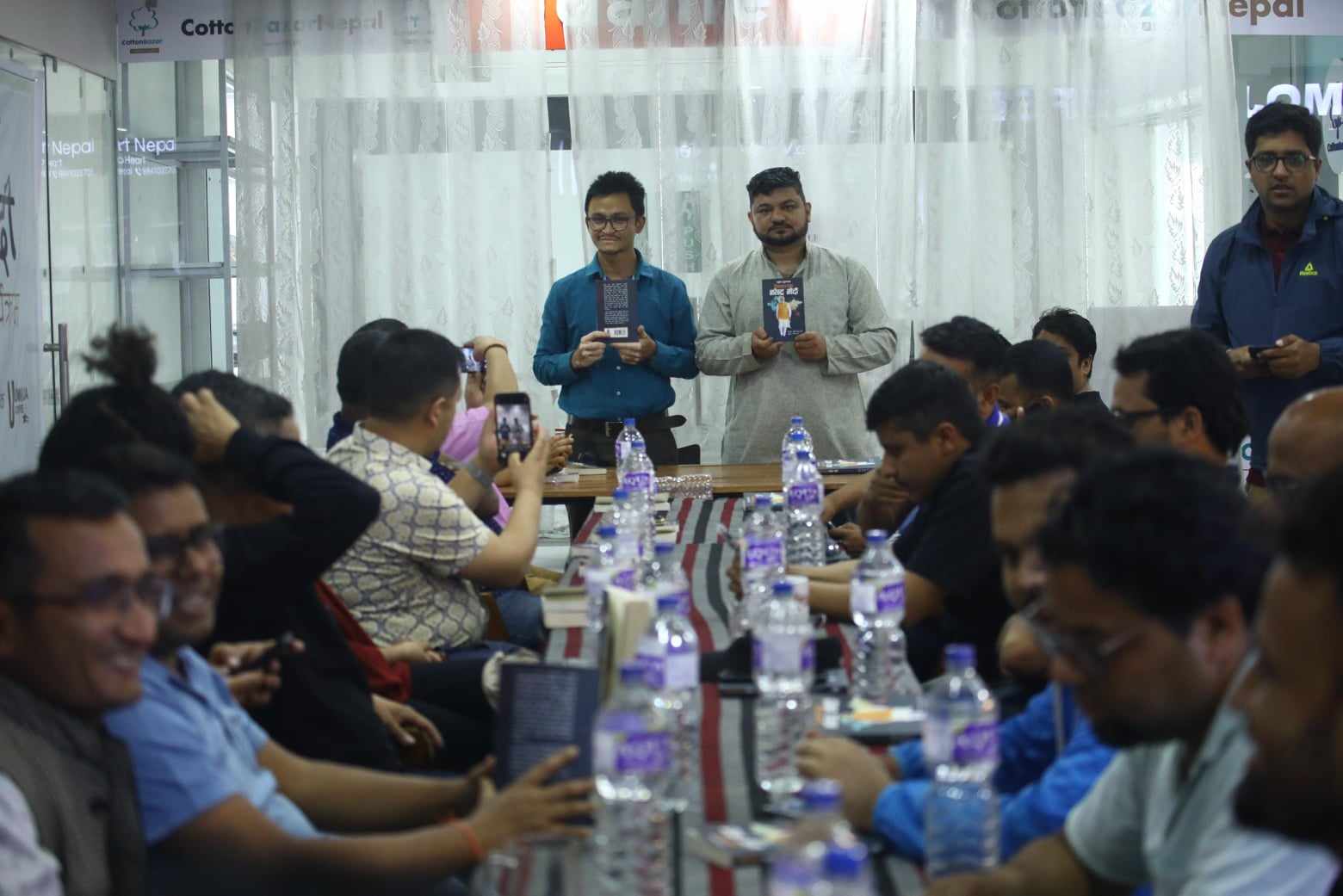
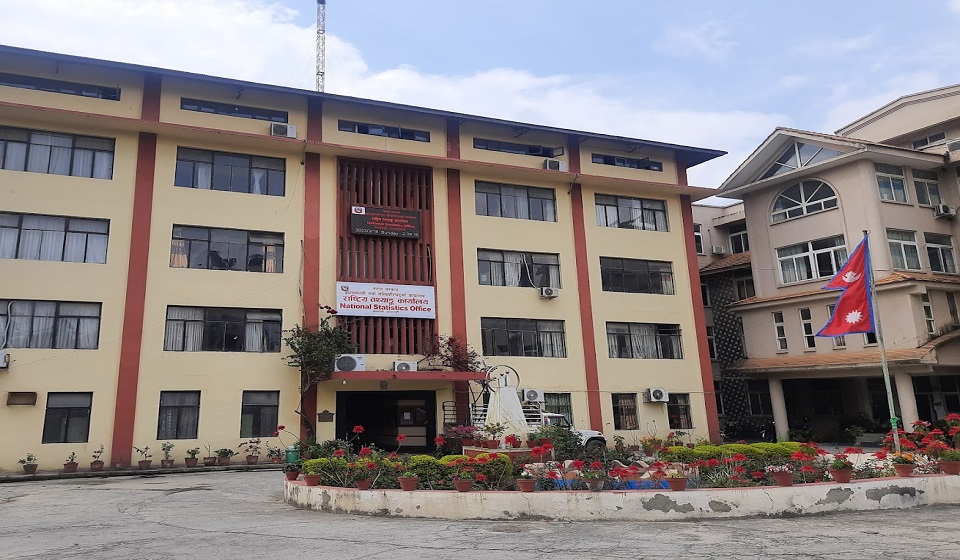
Leave A Comment